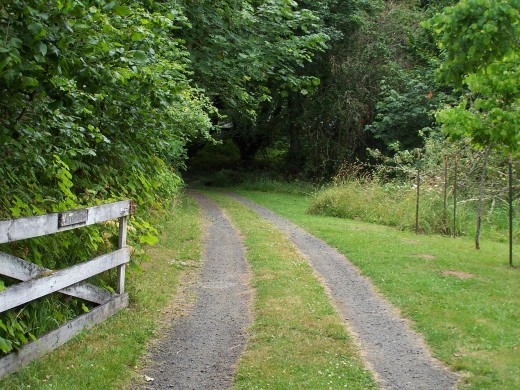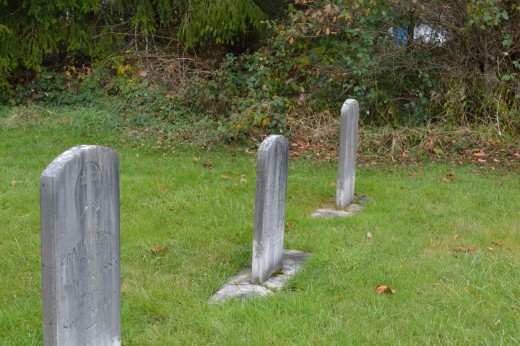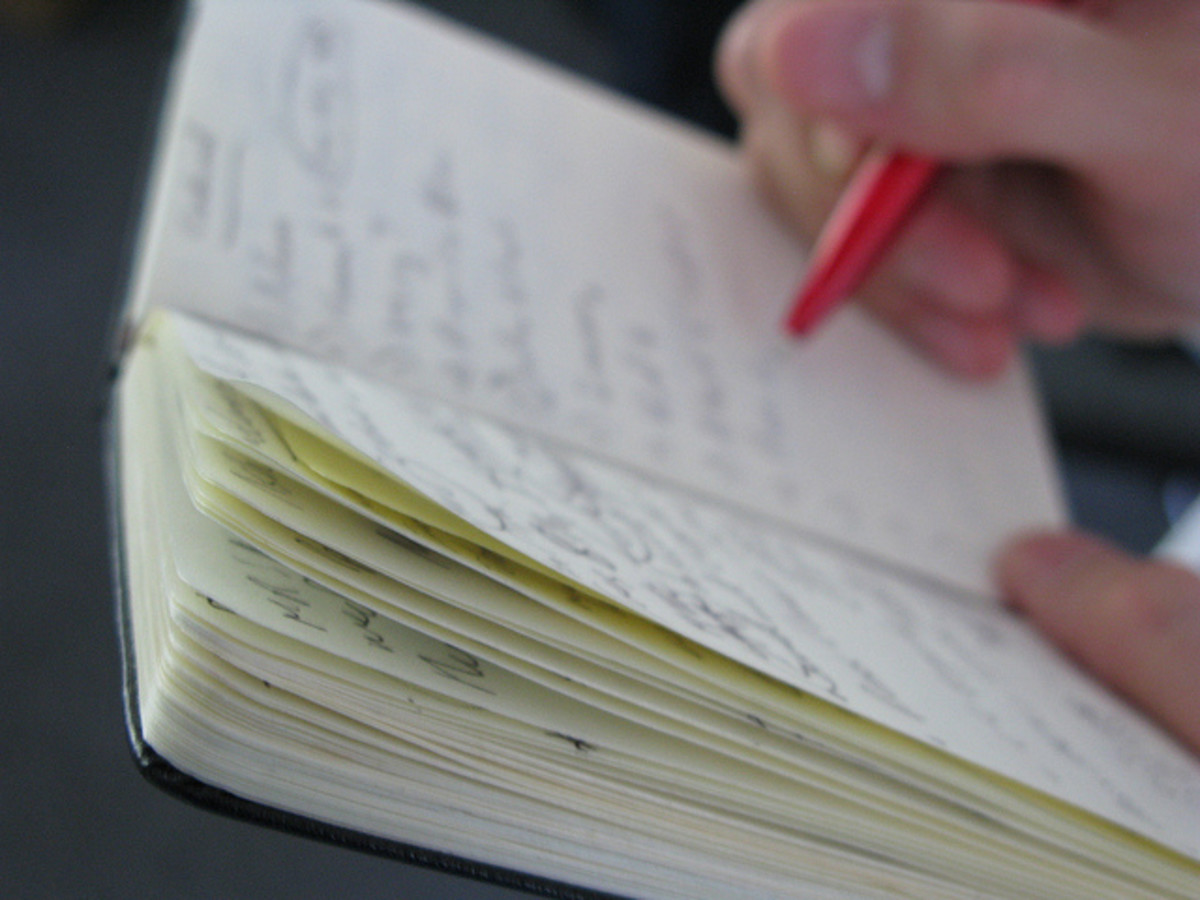The Writer's Mailbag: Installment 227
The Flea Circus
I was doing some research the other day on the history of the flea circus. I know, weird, right? And it was a random quest. It just popped into my head and I had to find out about it.
Welcome to my mind, folks!
The first recorded flea circus dates back to Italy and the 1820s, and amazingly there are still a couple flea circuses still in operation, one in Munich and the other, I believe, in London.
Now flea circuses are of two types, those with real fleas and those using intricate machinery instead of flea, giving the appearance that fleas exist when in fact they do not.
It’s all pretty cool if you ask me, which you didn’t, but it got me thinking about creative writers. The really good ones can tell a story, and create characters, which seem totally real when in fact they are simply figments of the writer’s imagination . . . you think you see fleas when, in fact, none exist!
Again, welcome to my mind!
Shall we see what the readers have on their minds today?

DETOUR
From Ann: “On a tangent to that, have you ever gone off-track when writing and come up with a completely different and better story than the one you started?”
In fact, Ann, my entire “Shadow” series of novels began with exactly that happening. I set out with an idea and actually wrote ten-thousand words on that first novel when I realized the book was not going to work with the premise I began with . . . so I tossed those ten-thousand words and “Shadows Kill” was the result. The rest, as they say, is history.
It was a strange experience, to say the least. I was certain, starting out, that I had a vision, but my muse obviously had different plans for that book.
I do so love my muse!

Borrowing a Muse
From Rodric: “My question is, is it okay to use another person's writing as your muse? Does it mean that I am not a natural writer if I don't have that writing-it-self-story experience? Like today, your reference to piss and vinegar gave me an idea for a story. Even your experience of peacocks swiping the chicken feed gave me an idea for a story. Is that muse? My apologies for the length of this. I am still behind on my mailbags because I was looking for 224. I will get over it.”
Actually, Rodric, what you surmise to be “using my muse” is, to me, inspiration. I get writing ideas from a variety of sources and, at times, those sources are something I have read. I still consider that to be my muse. It’s my muse who sees a storyline in a random paragraph or during a drive to the grocery store.
My wife explains it this way: she says I see things that other people don’t see, at all times in life, and that, she says, is my muse. I think you’ve got it and, if I were you, I would stop questioning it and ride it as far as possible.
Time in a Bottle
From Zulma: “I can't remember if I asked you this before but how do you mark time in your novels. Years ago, I entered a mini-saga competition. One of the judges said that there was no indication of time passing in the piece. I thought it was a ridiculous comment considering you were limited to 30 words. How much time did she think was going to pass in such a short tale. I couldn't ask her to elaborate as she didn't show up when it came time to announce the winners. Perhaps, you could explain how I could have accomplished this?”
Zulma, in my opinion, that judge would have benefited by trying to write according to her stringent guidelines. Thirty words? I’m not sure how that’s possible.
I’m probably not the best one to ask this question of since I write novels. It’s fairly easy for me to mark time by simply saying “the next day” or ‘later that morning I took a drive.” But thirty words?
The toughest task I ever undertook regarding time was in my novel “Resurrecting Tobias,” because I was using flashbacks throughout the book. I finally just gave up and marked each chapter with a date. It was the simplest solution I could find and I took it.
I have heard writing teachers say “show, don’t tell,” the passage of time. I understand what this means, but it is not easy to do . . . but then good writing shouldn’t be easy, should it? I’ve also read that the scene itself will mark time passing. In other words, if one scene has the protagonist running to and fro around town chasing whatever, the reader will intuit that time is passing because the reader understands how long it takes to drive somewhere and do the things the protagonist is doing.
None of these things I’m telling you answer your question about time passing in thirty words and for that I apologize.
Rocky Ending
From Lori: “It seems most people want a happy ending to a story. I know that is my preference, however, life is not often wrapped in a pretty bow. Have you written any stories that did not have an ending where things all worked out in the end? Do you have any thoughts on how to write an ending that is not happily ever after, where life did not turn out as hoped, but will not leave the reader disappointed? Thanks for all you do. Blessings friend.”
Lori, as stated, your question is a tricky one. Yes, I have written stories which did not have a happy ending, and I heard from some people that they did not like the bleak ending. People naturally want everything to work out in the end. I would venture to guess 90% of readers want a happy ending . . . but . . . if you do not have a happy ending, you can still keep from disappointing readers by doing one hell of a job of writing the entire story or novel. In other words, brilliant writing will, I think, overshadow any disappointment over a sad or tragic ending.
I’m reminded of Hemingway’s “The Old Man and the Sea.” I read that in high school, and I remember cheering on that old man, hoping he would get that damned fish back to shore in one piece. He didn’t, of course, but the story was so well-written that it overpowered the disappointment I had. In that same vein, my favorite book of all-time, “To Kill A Mockingbird,” does not end happily. The black man is convicted . . . that particular outcome is tragic . . . and yet the book was brilliant and I was satisfied with the ending.
I hope that helps!

And Now, My Friends
I release you to go visit YouTube. I want you to watch an actual flea circus. I’m sure they have them on YouTube. Everything else can be found there, right?
And after you watch that video, I invite you to sit down and write your own flea circus. Dazzle your audience with words. Create excitement out of nothing. Carry on the rich tradition of showmanship; it is our legacy as writers to do so.
2018 William D. Holland (aka billybuc)
“Helping writers to spread their wings and fly.”








